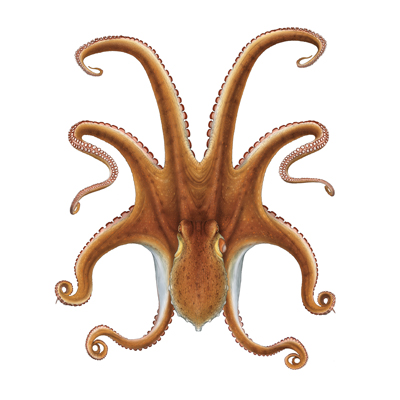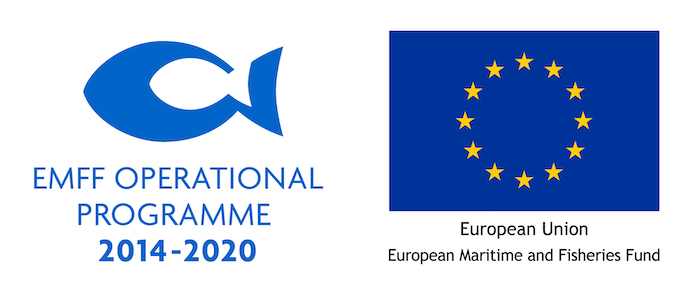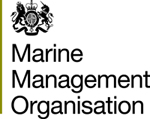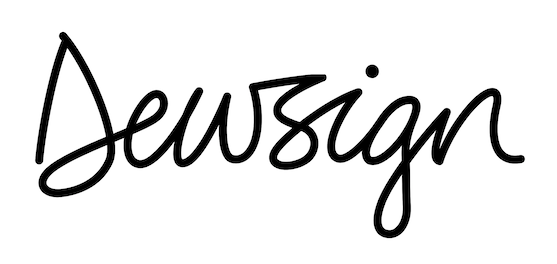

Octopus are fantastic, rubbery, eight-legged molluscs which are not traditionally eaten by the Cornish but are conisdered a delicacy in many other countries around the world.
There is not a major fishery for octopus in Cornish waters but they are occasionally caught as bycatch in trawls and in pots. The stock status of this species is unknown but there is currently no evidence that their populations are under threat. As a fast growing species and one that has a high reproductive capacity they can withstand fishing pressure better than many species.
A total of 51 tonnes of octopus were landed to Cornish ports in 2021 worth £121k (MMO data).
Updated July 2023
Beam trawls are nets attached to a steel beam that holds the net open. The belly of the net is made of chains and the upper surface of the net is mesh. Beam trawlers pull two nets along the seabed simultaneously.
Learn moreCornish waters
Demersal trawls are large nets that are pulled through the water with the bottom edge of the net touching the seabed. At each edge the net is pulled open by metal ‘trawl doors’. Sometimes referred to as Otter trawling.
Learn moreCornwall Good Seafood Guide rates fish on sustainability using a scale of 1 to 5.
1, 2 and 3 are recommended, Fish to avoid are rated 5.
We use the system devised by the Marine Conservation Society (MCS) so our scores are comparable with the scores produced by MCS for the UK and fisheries from all around the world. For more information on scoring click here.
There are two species of octopus found in Cornish waters, the most common in the curled octopus Eledone cirrhosa which is usually red in colour and grows to 50cm. The larger, but rarer, Meditteranean octopus Octopus vulgaris grows to 1.3 meters and is occasionally caught in Cornish waters. In the last year or so, there have been reports of an increase in the population of Meditteranean octopus in Cornwall, perhaps due to warming ocean temperatures. Octopus vulgaris is identified by 2 rows of suction cups on the underside of each tentacle where Eledone cirrhosa only has one row. Octopus are fast growing and short lived creatures that are voracious predators. They feed on crustaceans and other shellfish. They take 2 years to reach maturity and near the end of its life each female produces a batch of over 30,000 eggs which they will guard until they hatch. The new hatchlings are carried away with the ocean currents and the female octopus will die soon after. This fast turnover and high reproductive rate makes this species pretty resilient to fishing and it has a medium biological vulnerability 30 /100 (source www.sealifebase.org)
Very little research has been carried out in our area. Not listed by project inshore. Landings to Cornish ports fluctuate between 40 and 80 tonnes per year (MMO landings Data).
Not a significant directed fishery – caught as bycatch. There is no minimum landing size or any other management for this species but it could be argued that the level of management is appropriate as this species has a low biological vulnerability and current fishing effort is low.
Octopus are caught as bycatch in trawl fisheries and occasionally are caught in crab pots.






Cornwall Good Seafood Guide is underpinned by the Marine Conservation Society (MCS) Good Fish Guide. The first UK consumer guide to sustainable seafood. For more information visit www.fishonline.org
Cornwall Good Seafood Guide is here to help us all make sustainable seafood choices. Choices that will help us keep the oceans healthy and Cornish fishers' futures safe. This website is funded by Cornwall Wildlife Trust. If you would like to make a meaningful difference to the health of our oceans, please consider making a donation to the Cornwall Wildlife Trust Ocean Emergency fund. Your donation will help safeguard these remarkable environments, ensuring that they continue to thrive for generations to come. Together, we can be stewards of the seas and champions for a healthier, more sustainable future.